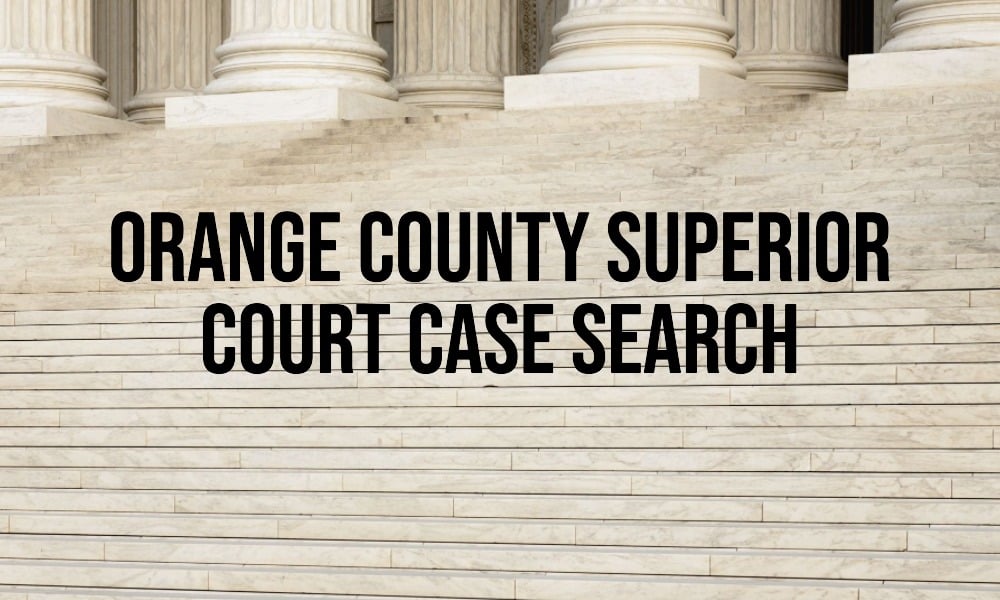The intricate webs of the legal system have always been a challenge for the general public to navigate. However, with the advent of digital databases like the Orange County Superior Court Case Search, accessing legal records has become remarkably easier. As we delve into the importance and utility of such platforms, it becomes imperative to understand their role in the global legal framework.
1. The Origins of Legal Transparency
Historically, legal proceedings were public affairs. The Magna Carta, a 13th-century English charter, asserted the right to a public trial. This principle, over centuries, evolved to include public access to court records, fostering trust in the judicial system.
2. Digital Prowess: Orange County’s Initiative
The Orange County Superior Court in California has been at the forefront of the digital transition, offering an online case search system. This move not only aligns with the demands of the modern age but sets a precedent for courts worldwide.
3. Navigating the Maze of Federal vs. State Laws
U.S. federal law, particularly the Freedom of Information Act (FOIA), promotes transparency by providing access to federal records. State laws, such as California’s Public Records Act, might extend or limit this access. The balance between federal and state provisions is a dance seen in many federations, each nation adjusting to its unique tempo.
4. Global Legal Frameworks and Case Access
- The European Union: With the implementation of GDPR, there’s a heightened emphasis on data protection, making case access a nuanced issue.
- Australia: Platforms like AustLII provide extensive case law databases, signifying the country’s commitment to legal transparency.
- Japan: A traditionally reserved legal system, it’s gradually moving toward digital case accessibility, albeit cautiously.
5. Contemporary Legal Trends
Digital Revolution: Courts worldwide recognize the need for online databases, yet the balance between accessibility and privacy remains a global challenge.
Data Privacy vs. Transparency: With global events like the Cambridge Analytica scandal, there’s a growing debate over data rights, privacy, and what constitutes “public interest.”
6. Actionable Insights for Efficient Case Search
- Familiarize yourself with search terminology specific to the legal field.
- Understand jurisdictional boundaries; some cases might be available only at a state or federal level.
- Always cross-reference information from multiple sources for enhanced accuracy.
Conclusion
The Orange County Superior Court Case Search symbolizes the confluence of legal tradition and modern technology. As we grapple with evolving definitions of privacy, transparency, and public access, platforms like these remain pivotal in shaping our understanding and expectations from the global judicial landscape.
FAQ Section:
-
How up-to-date is the Orange County case search database?
- Updates are frequent, but there might be a lag between a hearing and its record appearing online.
-
Are there any restrictions on using the data from the case search?
- While public, it’s vital to respect privacy laws and guidelines, especially concerning sensitive information.
-
Do other counties have similar digital platforms?
- Yes, many counties in the U.S. and globally are adopting similar digital initiatives, though the extent and accessibility might vary.

